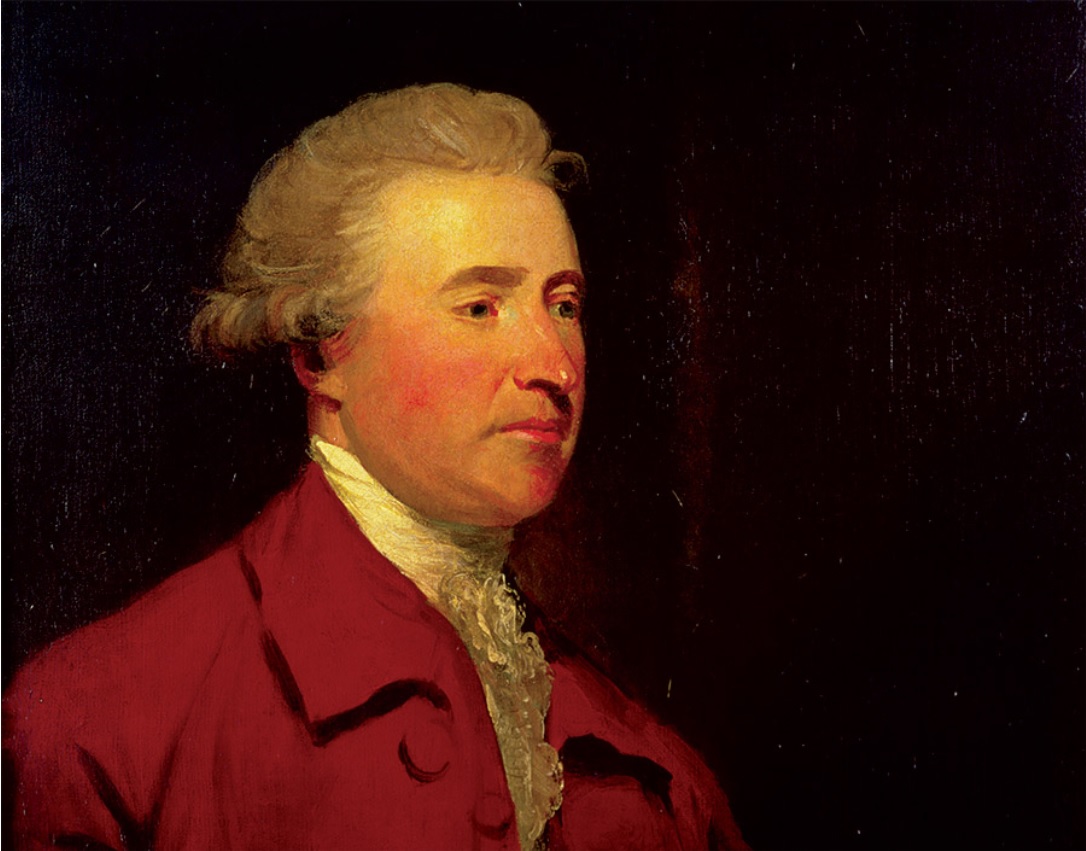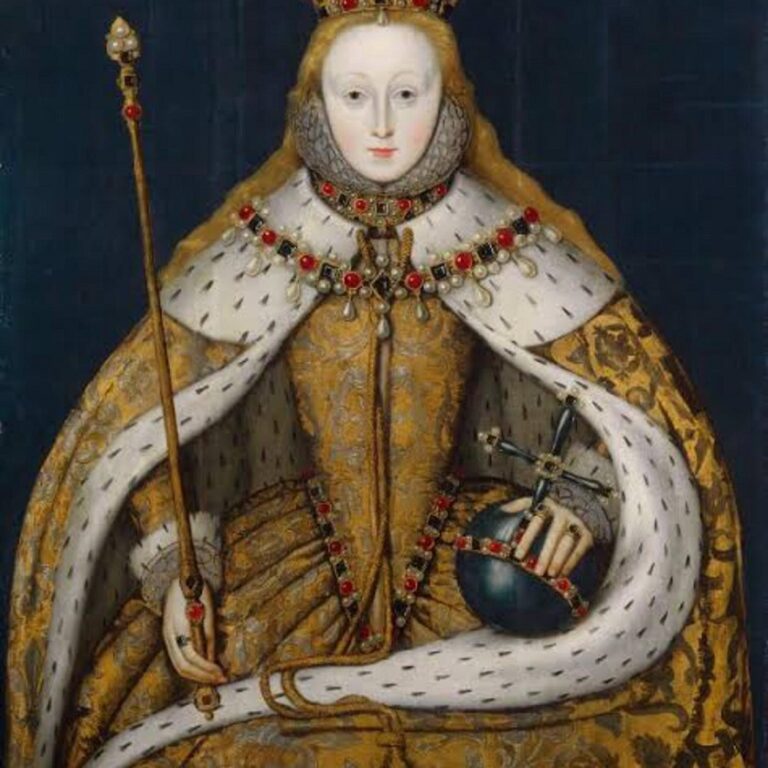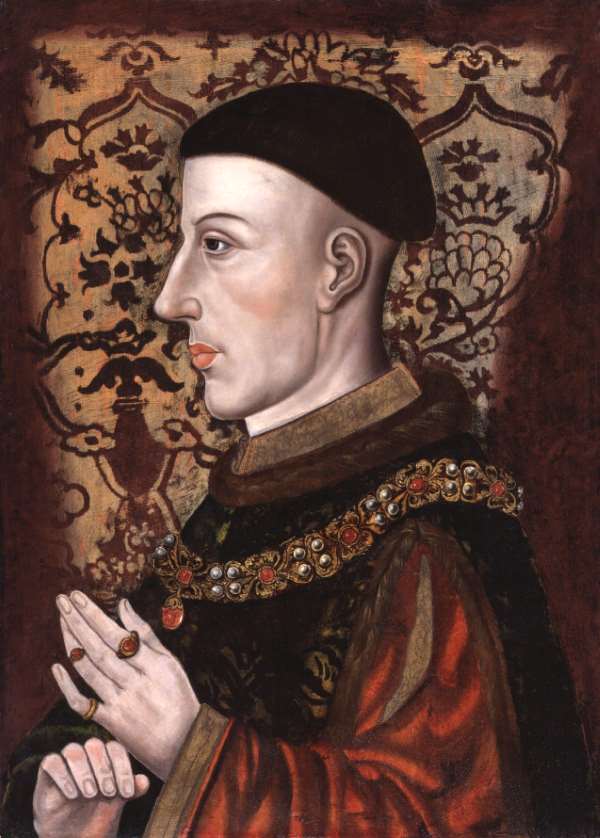Edmund Burke (1729-1797)
- Statesman and Philosopher
- Whig Party Member of British Parliament.
- Founder of Modern Conservatism
- Critic of the French Revolution
Revolution was a misguided attempt at social progress with profound retrograde consequences in practice. Critical of the application of abstract enlightenment principles rather than a reliance on well-established customs and traditions. He opposed the revolution in the name of liberty. He was regarded as a classical liberal.
His belief was that the following offered a firmer foundation for freedom rather than abstract rights.
- Constitutional Monarchy
- Rule of Law
- Legal Precedent
Life.
Born in Dublin to a Protestant Father (lawyer) and Catholic Mother. Quaker boarding school and Trinity College Classical literature. First book: Sublime and Beautiful. Commentator on public affairs. 1766 member for Wendover 28 years.
Argued for peace and reconciliation with American colonies. Defended the view that MPs should exercise their own judgement, rather than just mirroring the wishes and opinions of the electorate.
French Revolution.
Liberals initially supported the French revolution, but atrocities changed minds quickly. Ideologues wanted to spread their liberty, egality and fraternity across the world. Burke came out against the revolution after the women’s march to Versailles which threw the office of the King into disrepute. Critical of opposition to religion, seizure of property, and the execution of the King.
Supported the “Glorious English Revolution” of 1688.
Burke saw this as the right way to do revolution – ordered, respectful of authority and one which returned an ancient balance between the court and parliament. He was critical of Price’s view that this English revolution institutionalised the rights of the people to choose their own governors, to rebel against unjust authority and to form their own government. For Burke this was nothing of the kind. It simply reasserted the long-standing principle of the sovereignty of the parliament inherited from the past. The essence of the revolution was contained in the Declaration of Right which limited the crown’s powers and enshrined parliamentary supremacy. The declaration also set out rules for succession of the Monarch in order to maintain continuity. The French revolution was ideologically opposed to this idea of continuity and sought rather to both re-found politics on entirely abstract principles and to remake human nature in a new image of reason alone. For Burke these were dangerous ideas that would lead to violence.
Liberty.
Burke did not oppose liberty; he just had a different view on how it was best realised. Liberty based on centuries of evolution of the common law and social norms was superior to the abstract French Rights of Man. These Rights were universal principles detached from any culture or tradition. For Burke, political systems were socially and historically contextual, passed down from one generation to the next. He rejected the notion that natural rights were the foundation of government. He argued that liberty was based on a number of preconditions which England still enjoyed but which had been destroyed by the French revolution.
In a nutshell, liberty is best maintained by acknowledging and preserving the social organism of complex relationships built up over a very long time, as well as having a respect for authority and reverence for the wisdom of ancestors. Our institutions retain the knowledge accumulated over many generations. Politics calls for caution and restraint in action, while radical interventions into complicated human affairs is to be avoided. It is better to be guided by the past rather than implement radical abstract breaks with the past.





